Student Parliament 2021
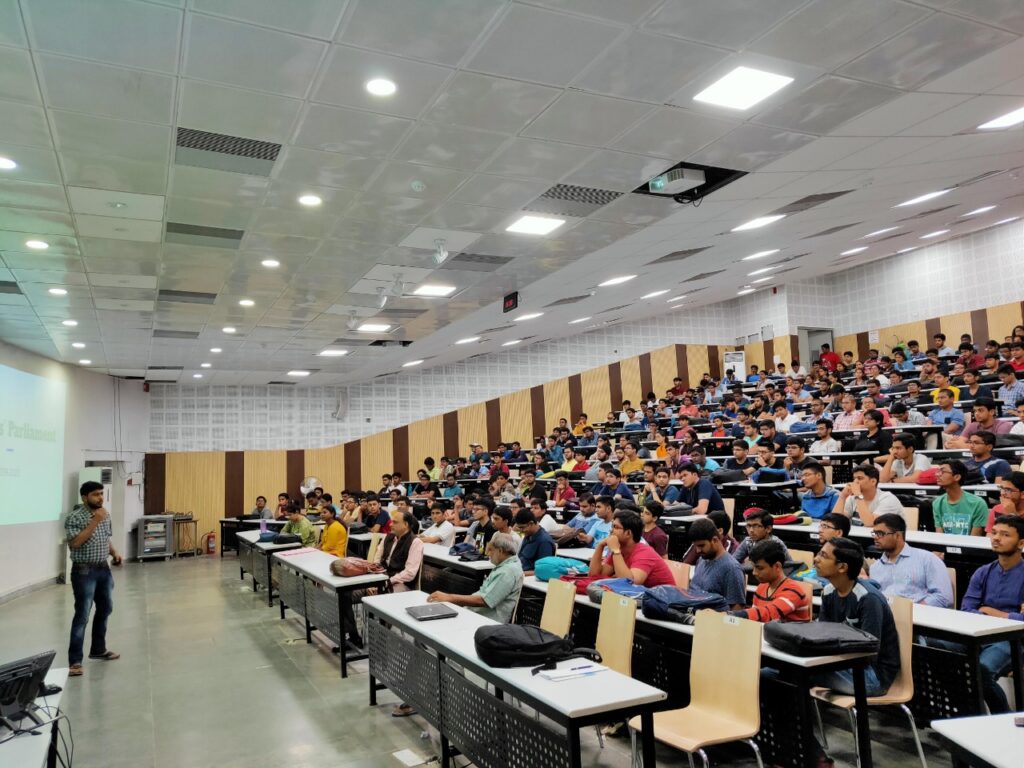
Introduction
The Student Parliament is the representative of the student community to the institute and the conduit for communication between the students and the faculty. This communication, as well as taking care of issues regarding hostel, mess, academics, etc., makes the Parliament an essential part of the working of the institute, imparting a democratic character to the decision-making process.
This body has recently undergone changes, with the introduction of new members, ideas, and policies. The changes are centered around altering its public image while increasing efficiency and diversifying its attention to focus on all issues.
Public Image
One of the primary changes implemented by the Parliament revolves around a newly formed social media presence. They have initiated this by creating a logo, a motto, an Instagram account, and a Facebook page to post regular updates on the decisions taken. This was done as the Members of the Parliament felt that their previous outreach, which was carried out only through emails, was not garnering enough recognition from the student body.
Logo
The Parliament’s new logo, as explained on their social media, is based on the Devanagari letter त्र (tra) – symbolising स्वतंत्र (svatantra, or independent), एकत्र (ekatra, or united), जनतंत्र (janatantra, or republic), छात्र (chhātra, or student), and मित्र (mitra, or friend). The adoption of a new logo has been in the offing for a while now; the Members of the Parliament consider this a long-overdue decision and feel that a logo would improve the public perception of the body, increasing the acknowledgment of its decisions among the students.
The motivation behind this decision is to give the Parliament a ‘brand’ – an image that symbolises the values that the Parliament seeks to represent, like approachability, democracy, and integrity.
Motto
The new motto – नियतं कुरु कर्म (niyatam kuru karma, or “constantly perform (your) duties”) – is taken from the Bhagavad Gita and, in adopting it, the Parliament hopes to promote the idea of selflessly fulfilling the obligations of a representative of the people.
There were questions from some students pondering the propriety of a motto in Sanskrit; however, the Parliament clarified that the idea behind making this choice was not the language but the relevance to its work ethic.
The MPs consider the acceptance of the Sanskrit motto by the diverse representatives as exemplary of the rationality of the IIIT community and are confident that it will be appreciated in the wider student body as well.
Social Media
The Parliament, through its previous decisions, felt that adequate information about the outcomes did not reach the people. The Members saw it necessary that an efficient line of communication was established between themselves and the outer student community – one that was more reliable than simple word-of-mouth. The Parliament felt that a misconception was prevalent amongst the students with limited contact with the MPs and that they considered the Parliament ineffective and opaque. Social media accounts were therefore thought to be the ideal medium for the fresh, direct, and reliable information the Parliament hopes to disseminate.
A question that arises now is if the social media account is a temporary measure to increase outreach during the online semester. The Members have confirmed that these accounts will continue to be maintained later on, and are confident that the students will adapt to the system. In addition, the Parliament intends to adopt the electronic voting system in the offline mode as well. It feels that IIIT, known as a technological institute, needs an online electoral system, and the previous method of casting votes in ballots is outdated and primitive.
Furthermore, regular Parliament-student (like faculty-student) interactions are being planned, which will facilitate open discussion and debate. The Members feel that it would be constructive to have many people discuss and come up with ideas to better student life.
Internal Functioning
Under the erstwhile structure of the Parliament, there were individual secretaries appointed on an as-needed basis for various tasks, like hostel affairs, mess management, and so on. It is now speculated, however, that committees are to be set up for various matters – although Parliament representatives are deferring comments on the details of this matter. Possible new committees include Tech, Public Relations, Academics, and Alumni committees.
The existence of an Alumni Committee suggests integration of the existing Alumni Cell with the Students’ Parliament. It is a possibility that more student bodies could be united with the Parliament; however, no formal announcement has been made by the Parliament in this regard either, as of now. Official communication on the details of the new structure can be expected soon.
Conclusion
The Parliament has undergone a massive overhaul, with changes in functioning, structure, and overall visibility. It remains to be seen how the Parliament’s efficiency, transparency, and internal communication will be influenced by the new structural revisions. Being the representatives of the students to the faculty of IIIT, we hope that the Parliament upholds its values and strives to efficiently convey the concerns of the student body.
Editor: Pahulpreet Singh

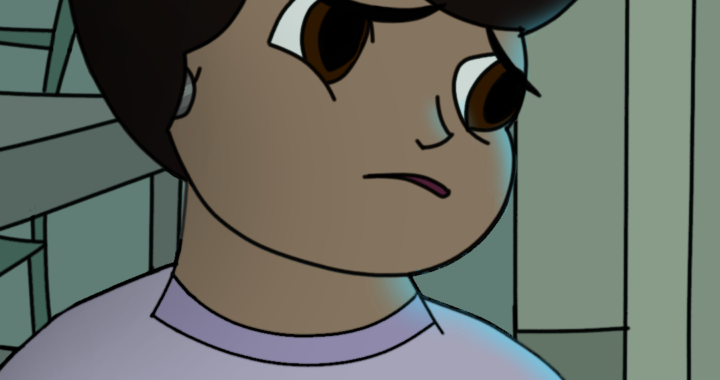 Qu’ils mangent de la grenouille! (Let Them Eat Frogs!)
Qu’ils mangent de la grenouille! (Let Them Eat Frogs!) 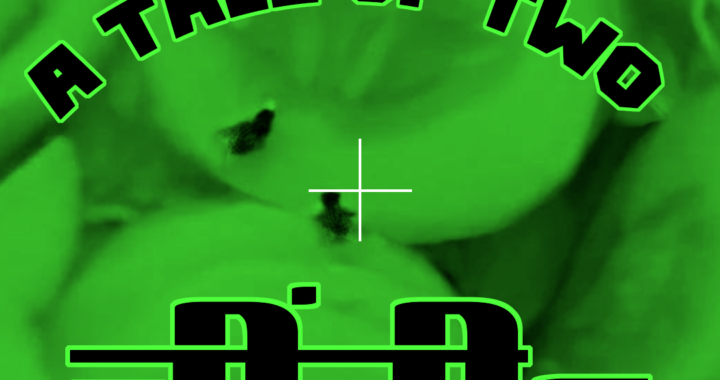 Tale of Two Cheenties
Tale of Two Cheenties 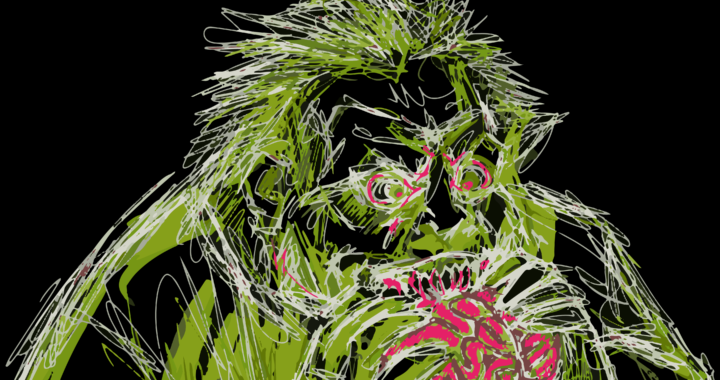 Peace of mind.
Peace of mind.  Boats and Valorant
Boats and Valorant 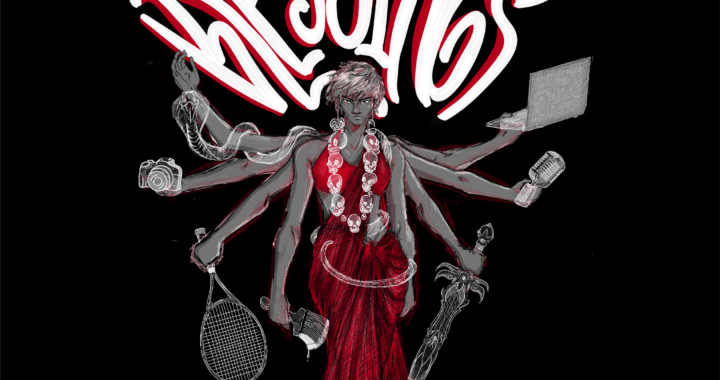 Blessings
Blessings  Shivering in the sunlight
Shivering in the sunlight 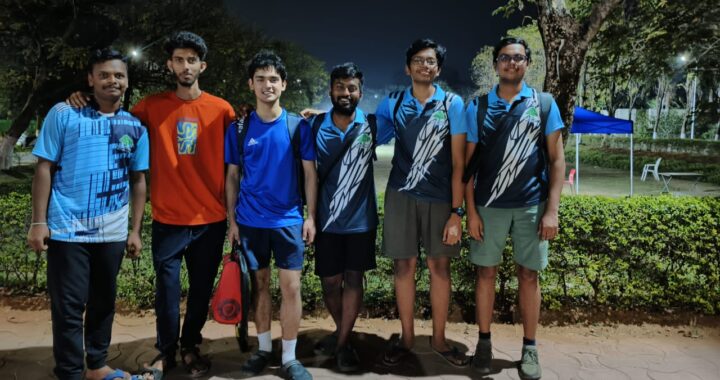 A perspective on sports in IIIT
A perspective on sports in IIIT  Paintings of IIIT
Paintings of IIIT  The Tale of Jagruti
The Tale of Jagruti  Cleaning up the Mess?
Cleaning up the Mess?